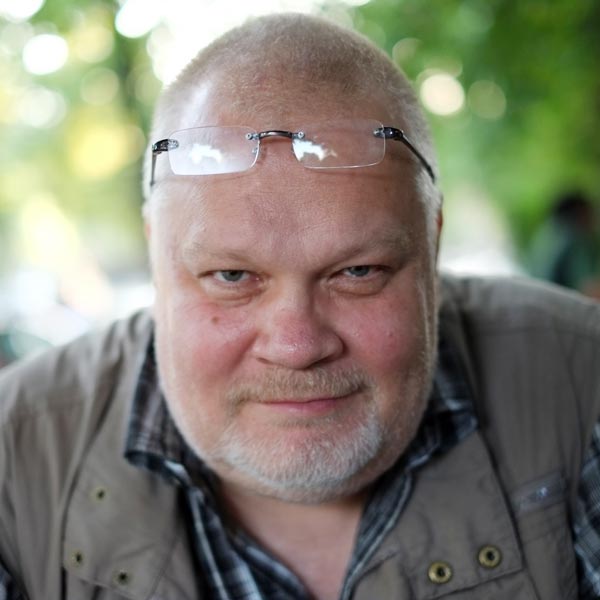Freedom of expression under attack in Germany
Minister Maas has proposed the law which places a variety of obligations on the companies, in the apparent hope that this will lead profit-motivated companies to take over private censorship measures. Following years of deletions of perfectly legal content by, for example, Facebook, Minister Maas seems to believe that this will lead to outcomes that are appropriate in a democratic society based on the rule of law. (…)

